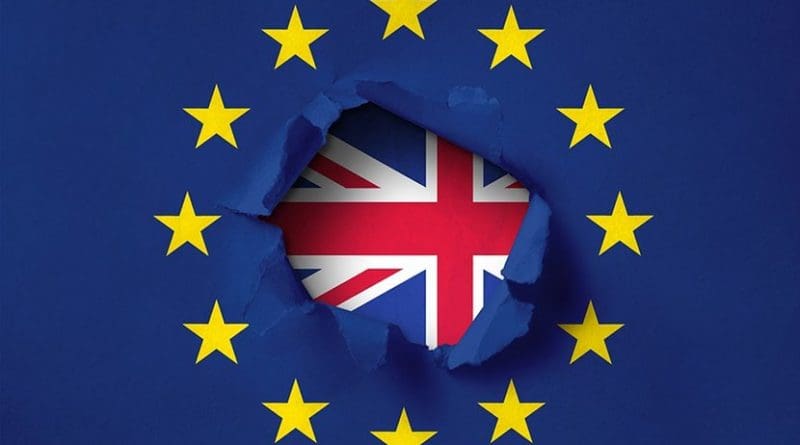Brexit Trade Talks Back On
By EurActiv
By Benjamin Fox
(EurActiv) — In a significant volte-face on Monday (19 October), EU and UK trade negotiators looked set to return to the table and resume talks on a post-Brexit trade deal, only a day after both sides appeared on the brink of abandoning the effort.
In conciliatory remarks, EU chief negotiator Michel Barnier said the bloc remained “available to intensify talks in London on all subjects, and based on legal texts, after a weekend of rhetoric in which both sides argued that the other would have to make major compromises in order to re-start the talks.
Updating lawmakers in the House of Commons on Monday on the status of the talks, moments before news of Barnier’s remarks filtered through, Cabinet Office minister Michael Gove insisted that the EU must “change its approach” if a trade agreement is to be finalised.
Gove told UK lawmakers that the UK was “asking for no more than has been offered to other countries” and insisted that the government was “increasingly well-prepared” for trade on WTO terms.
“We need to make sure we work on the basis of the intensification they propose and I prefer to look forward in optimism rather than look back in anger,” said Gove, although he cautioned that “what we can’t have from the EU is the illusion of engagement without the reality of compromise.”
The move by Barnier will be welcomed by UK officials who had complained about the EU’s refusal to open negotiations on legal texts until agreement has been reached on the main dividing lines between the two sides: fisheries, state aid and dispute settlement.
Following a phone call with Barnier on Monday afternoon, UK counterpart David Frost said that while the discussion had been “constructive”, “the EU still needs to make a fundamental change in approach to the talks and make clear it has done so. We will stay in close touch.”
UK Prime Minister Boris Johnson appeared to call a halt to negotiations last Friday after EU leaders watered down their post-summit communique to remove a reference to ‘intensifying’ talks.
At the two day summit in Brussels, EU leaders instead asked Barnier to “continue negotiations in the coming weeks”, and noted “with concern that progress on the key issues of interest to the union is still not sufficient for an agreement to be reached”.
That prompted Johnson to accuse the EU of having “refused to negotiate seriously” and having “abandoned the idea of a free trade deal.”

